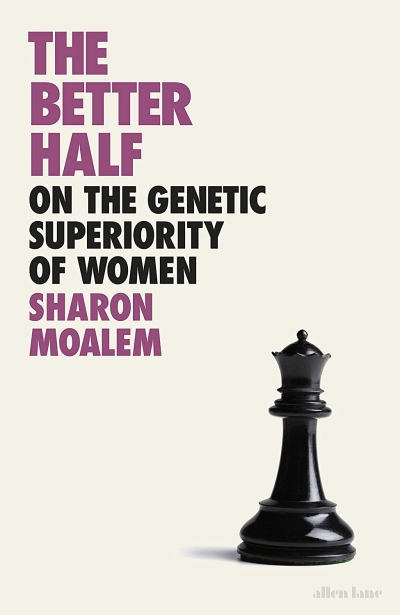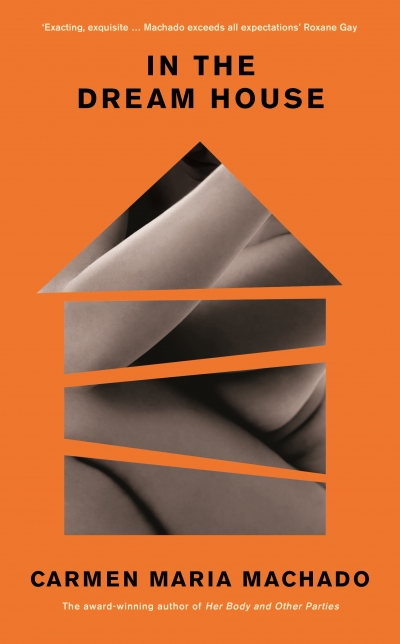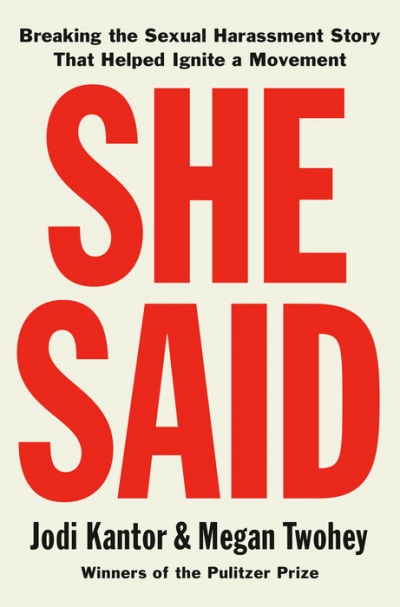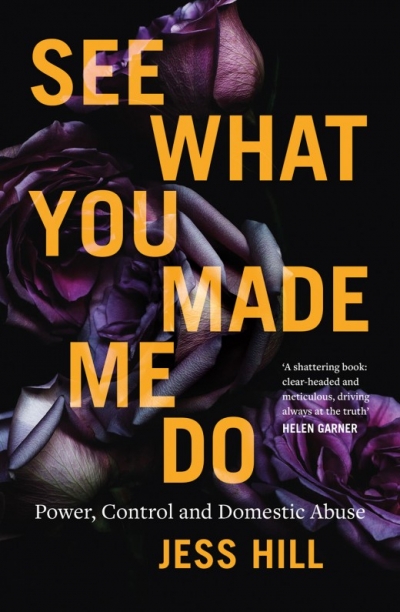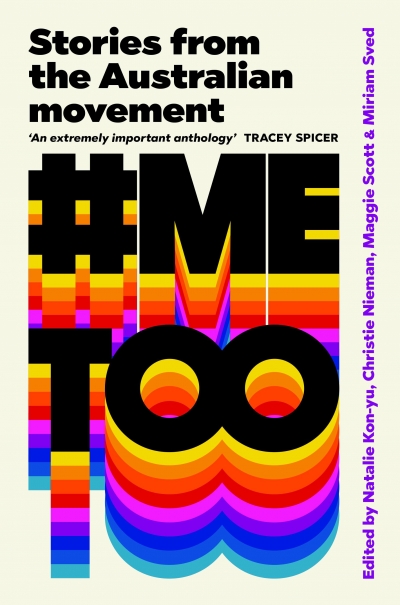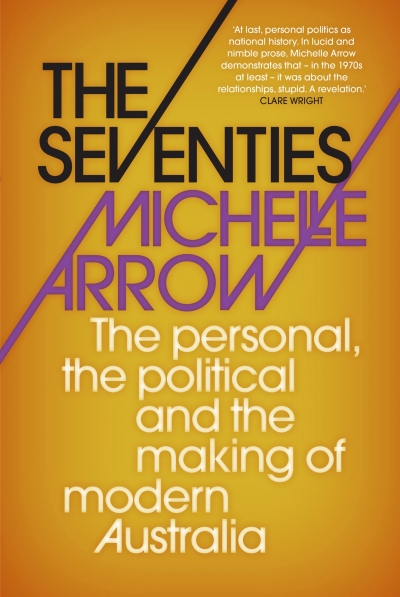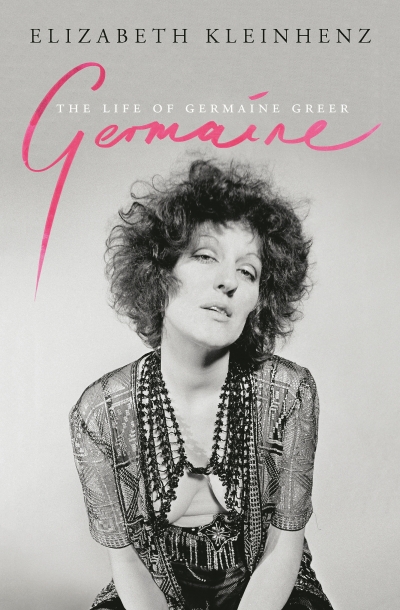Zora Simic
The Better Half: On the genetic superiority of women by Sharon Moalem
by Zora Simic •
She Said by Jodi Kantor and Megan Twohey & The Education of Brett Kavanaugh by Robin Pogrebin and Kate Kelly
by Zora Simic •
See What You Made Me Do by Jess Hill & Rape: From Lucretia to #MeToo by Mithu Sanyal
by Zora Simic •
#MeToo: Stories from the Australian movement edited by Natalie Kon-yu et al.
by Zora Simic •
The Seventies: The personal, the political and the making of modern Australia by Michelle Arrow
by Zora Simic •
Germaine by Elizabeth Kleinhenz & Unfettered and Alive by Anne Summers
by Zora Simic •

